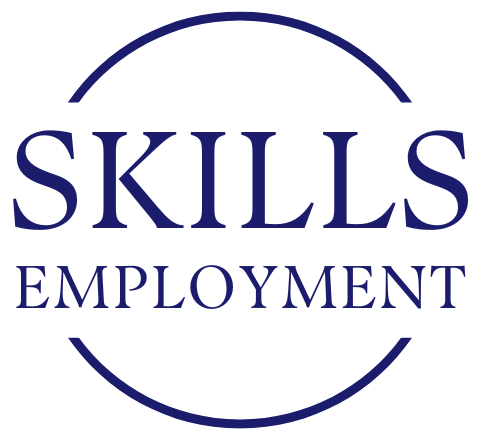FAQs
What's the difference between a temp service and a staffing agency?
Temp services primarily specialize in providing temporary workers for short-term assignments. These assignments can range from a single day to several months, depending on the client’s needs.
Staffing agencies such as SKILLS generally provide a wider range of employment solutions, including temporary, temp-to-perm, and permanent placements. They can handle both short-term and long-term staffing needs.
What is the main purpose of staffing?
- Aligning Skills with Needs: Ensuring that employees’ skills and competencies align with the organization’s requirements.
- Maximizing Productivity: Enhancing organizational efficiency and productivity by placing employees in roles where they can perform effectively.
- Supporting Organizational Goals: Providing the human resources needed to achieve strategic goals and adapt to changes in the business environment.
- Building a Strong Workforce: Creating a talented, motivated, and capable workforce that supports the organization’s mission and vision.
What are the 7 important functions of staffing?
- Manpower Planning: Forecasting and aligning human resource needs with organizational goals.
- Recruitment: Attracting qualified candidates.
- Selection: Choosing the best candidates for the job.
- Placement: Assigning and integrating new hires.
- Training and Development: Enhancing employee skills and career growth.
- Performance Management: Evaluating and improving employee performance.
- Retention and Employee Relations: Ensuring employee satisfaction and maintaining positive workplace relationships.
Why is staffing so important?
- Ensures that the organization has the right talent to meet its goals and objectives.
- Maximizes productivity and efficiency by aligning employees’ skills with their roles.
- Enhances competitive advantage through talent acquisition and innovation.
- Reduces turnover and associated costs by improving job fit and satisfaction.
- Supports growth and adaptability by providing a flexible and scalable workforce.
- Builds a strong organizational culture and improves employee engagement.
- Enhances performance through development and effective performance management.
- Ensures compliance and mitigates operational risks.
